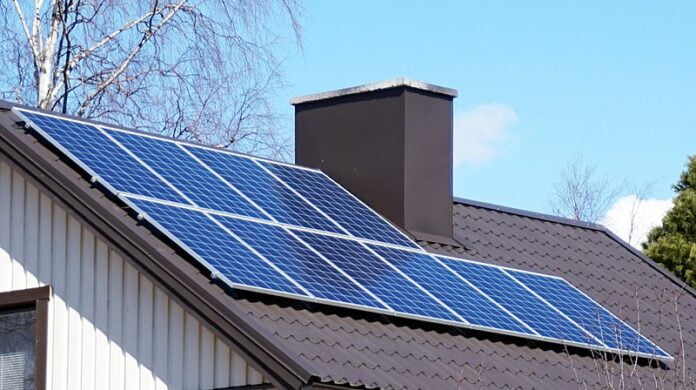Are you planning to go solar? You are never alone since almost half of the American households consider switching to this power source. However, solar panel systems have various types. Choosing the right one for your home is critical since it determines whether you receive enough solar power.
Residential ground-mounted solar panels are one type of solar power system available. If you have enough space in your property, this setup can be your best choice. Read on for a quick ground-mounted solar panel guide:
What Are Residential Ground Mounted Solar Panels?
Contractors install ground-mounted solar panels at ground level. They work almost the same way as their rooftop counterpart. They are panels exposed to sunlight, converting it to electricity using solar cells.
In most cases, ground-mounted solar systems use 60-cell panels. They have two subtypes: standard and pole-mounted panels.
Pros and Cons of Ground Mounted Solar Panels
Now you have a general idea of what ground-mounted solar panels are. If you are considering this over a rooftop system, consider learning its advantages and drawbacks. Talk to an expert in your area if you want a more comprehensive opinion.
Pros
The best advantage of ground-mounted solar panels is maximizing sunlight exposure. After all, your rooftop may not have an ideal orientation. You must have a south-facing roof with a 30 to 40-degree slope.
When you have a ground-mounted system, you can adjust the orientation. It helps increase energy production by dividends. The efficiency further increases due to the air circulation underneath the panels.
Also, when your system needs maintenance, it is easier for your contractor to access it. If they do not need to go through hoops to repair the panels, the labor costs will remain low.
Cons
However, ground-mounted systems are not ideal for every home. After all, its rooftop counterpart will often occupy unused property space. As for ground-mounted solar panels, you must give up some property.
Some homeowners may find this requirement too challenging. It is harder to give up land when it is for gardening and recreation. When you have no property space, it is impossible to get these solar panels.
Also, free-standing solar panels are likely to sustain damage. It applies whether it is from wildlife or equipment tampering.
The last drawback is the price. These solar systems are typically more expensive than their roof-based counterpart. However, the latter is costlier when you need roof repairs before the installation.
However, you can offset the costs of installation through government incentives like the federal solar tax credit.
Get Residential Ground Mounted Solar Panels Now
These are some facts to consider when you want to get residential ground-mounted solar panels. Use our solar panel guide to ensure whether this setup is your best choice.
However, picking the right solar contractor is a must. Look for online reviews to ensure you get a reputable company to install your panels.
Is this guide helpful? If so, read our other posts today.





